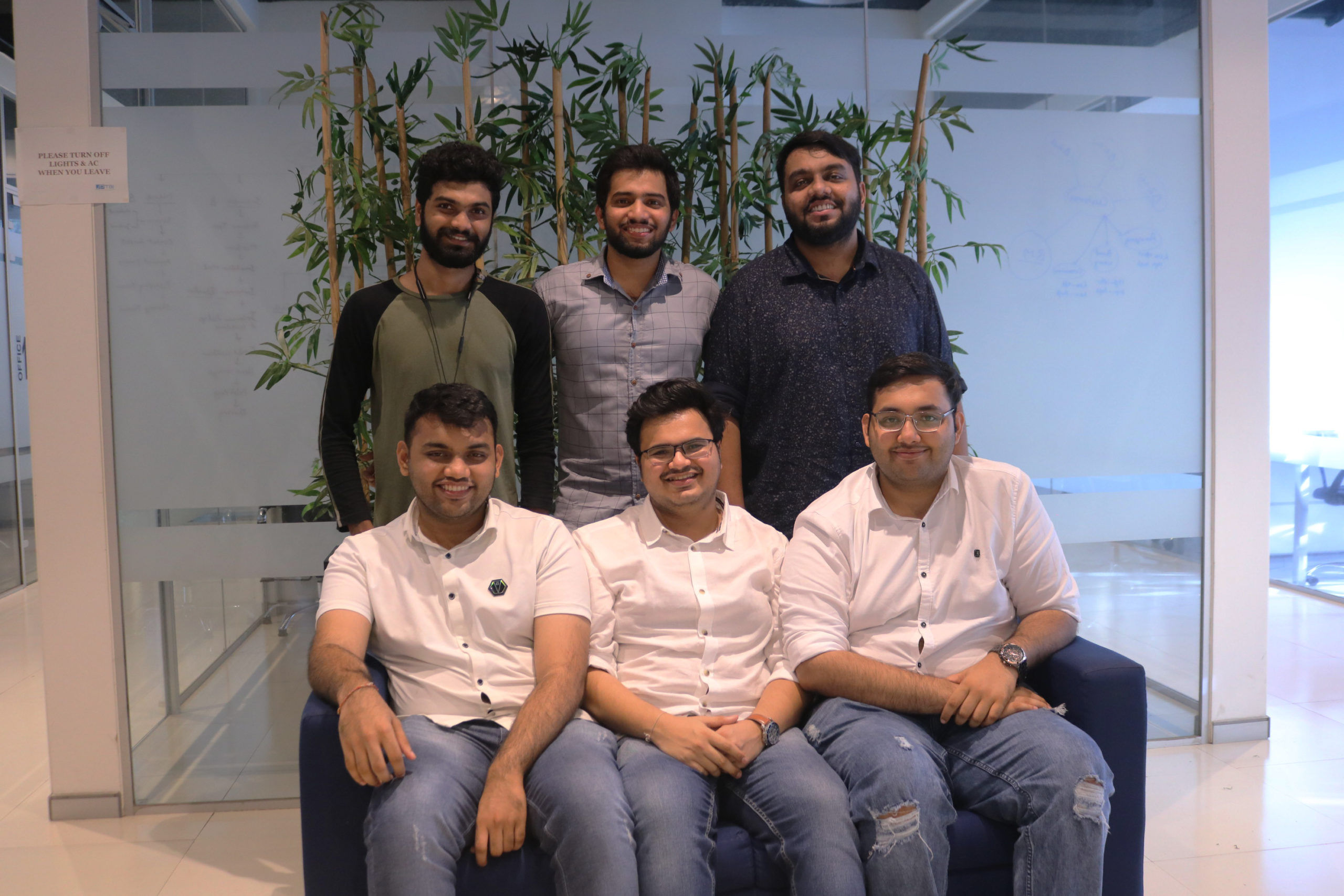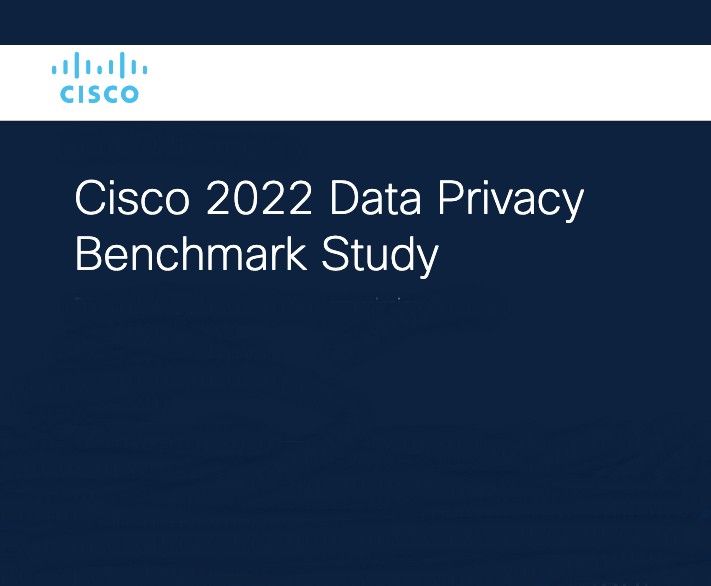peAR, one of the first startups in Asia-Pacific to make an augmented-reality based in-restaurant ordering app, has raised Rs 2.5 crore in a Pre-Series A round led by Inflection Point Ventures.
The funds raised will be utilised in building 3D Modelling technology for augmented reality, so as to advance the B2C app, a release said.
Along with this, the startup will launch in 4 cities – Mumbai, Bengaluru, Delhi/NCR and Pune. The startup is also hiring across roles to strengthen the team. With the funds raised, peAR aims to reach 15,000 orders monthly by the end of this year.
Founded in 2019 by then college students Dharmin Vora, Dhruvesh Mehta and Parth, the vision of peAR is to change the way people view and order food inside a restaurant.
peAR helps users visualise the dish before ordering, thus making sure customers have a delightful experience at the restaurant. They use Augmented Reality to solve this. Their proprietary image to 3D Model tech has enabled them to make 3D Models of the food at scale, thus being able to convert boring paper menus into interactive 3D Menus, the release added.
This helps restaurants upsell better looking dishes. Since the orders are also placed digitally, restaurants can now have the valuable data they were missing out on for the dine-in customers. peAR is going after the dine-in market which is relatively less competitive in India and is 4 times larger than the Delivery Market.
The startup helps restaurants go digital. Due to the pandemic, restaurant industry has been severely impacted. peAR helps restaurants make smart menus, helping them to increase their profits by up to 20%. Besides, peAR helps restaurants save all the bills digitally. Hence, restaurants can get a quick snapshot of business in just one click.
peAR also allows restaurants to collect the payment digitally, making the entire process digital. Users also get up to 50% off on ordering via the app without having to buy any membership.
IPV Co-founder Mitesh Shah said, “The F&B industry hasn’t seen much of digital transformation beyond cosmetic changes. However, that has changed with the emergence of food tech companies who have brought lakhs of restaurants online and expanded their market and catchment area.”
“While this is one side of leveraging technology, which is helping the industry to grow their business, at the core level, restaurants as standalone entities have to embrace digital transformation right from how they present their menus or serving their patrons. It goes to overall experience when outside dining becomes a norm soon,” he added.
“peAR’s application augmented reality is truly a pioneering concept which hasn’t been attempted before. Investment in peAR is aligned to IPV’s philosophy of backing unique businesses with great entrepreneurs,” Shah said.
In the last 2 quarters, peAR has grown 50X and has scaled its operations from 50 to 250 restaurants. Also, the startup is on track to onboard over 1000 restaurants by the end of this year.
Having partnered with over 400 restaurants in Mumbai, its user base grew 9X during this time, with a rating of 4.7-star on Google PlayStore. The startup received 5000 monthly orders with an annualised GMV of $250000 in March this year, and grew their repository of 3D models 5 times in the last 6 months.
peAR also donates 1 meal to an underprivileged individual per 100 orders processed via app under Hunger Fighter’s initiative.
peAR Co-founder Dharmin Vora said, “We have seen 100% Month-over-Month growth in the past 6 months and we will continue to grow at a faster rate in the coming months as well.”
“We are also planning to launch in few new cities as we want users across India experience 3D and augmented reality-based ordering,” Vora added.
Delivery market for F&B in India is $10 billion, however dining-in market is around $50 billion, with the latter growing at a CAGR of 9%.
The base of any AR company is 3D models and while the AR market is growing at a tremendous speed of 26.7% across the globe and will reach $828 billion market capitalisation by 2025, peAR has created process and technology to make a 3D model in under 40 minutes.





